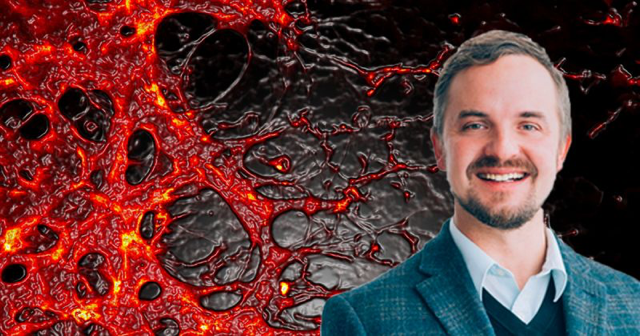Binet, F., Cagnone, G., Crespo-Garcia, S., Hata, M., Neault, M., Dejda, A., Wilson, A. M., Buscarlet, M., Mawambo, G. T., Howard, J. P., Diaz-Marin, R., Parinot, C., Guber, V., Pilon, F., Juneau, R., Laflamme, R., Sawchyn, C., Boulay, K., Leclerc, S., Abu-Thuraia, A., Côté, J.-F., Andelfinger, G., Rezende, F. A., Sennlaub, F., Joyal, J.-S., Mallette, F. A., Sapieha, P. (2020) "Neutrophil extracellular traps target senescent vasculature for tissue remodeling in retinopathy" Science, Vol. 369.
Abstract
In developed countries, the leading causes of blindness such as diabetic retinopathy are characterized by disorganized vasculature that can become fibrotic. Although many such pathological vessels often naturally regress and spare sight-threatening complications, the underlying mechanisms remain unknown. Here, we used orthogonal approaches in human patients with proliferative diabetic retinopathy and a mouse model of ischemic retinopathies to identify an unconventional role for neutrophils in vascular remodeling during late-stage sterile inflammation. Senescent vasculature released a secretome that attracted neutrophils and triggered the production of neutrophil extracellular traps (NETs). NETs ultimately cleared diseased endothelial cells and remodeled unhealthy vessels. Genetic or pharmacological inhibition of NETosis prevented the regression of senescent vessels and prolonged disease. Thus, clearance of senescent retinal blood vessels leads to reparative vascular remodeling.

Salle de presse

News on Centre de recherche de l’Hôpital-Maisonneuve-Rosemont
News on udm news « Promising discovery for patients with diabetic retinopathy »
News on Medical Press


